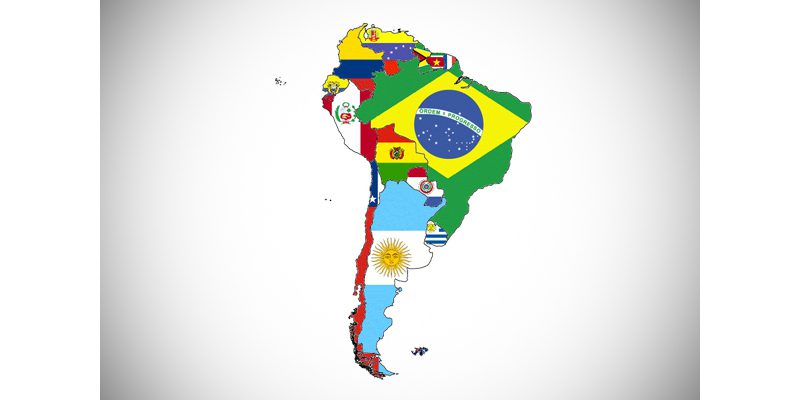Northwestern Explores Healthcare Costs, and More – Chicago News

Let’s explore some of the most interesting stories that have emerged from Chicago business schools this week.
When Healthcare Providers Consolidate, Medical Bills Rise – Kellogg Insight
Despite the claim that hospitals make in terms of cost savings when, say, a GP is acquired by a local hospital, Northwestern Kellogg professor of strategy David Dranove, along with research assistant professor strategy Christopher Ody and Bates White Economics Consulting’s Cory Capps sought to research the real financial impacts of integration for instance among healthcare providers.
The researchers found that from 2007 to 2013, almost 10 percent of physician practices in the data were acquired by a hospital. Once acquired, prices for the services provided by those physicians rose an average of 14 percent. “The rising prices are partly due to ‘mechanical elements’ of how prices are set in contracts,” with insurers, Dranove says. For example, insurers often write contracts that allow hospitals to bill more for a procedure than a physician group can. Additionally, Dranove says, “when a hospital owns a physician practice, they gain market power.”
You can learn more about the trio’s research here.
Economics Professor Studies Monetary History of Ecuador – Loyola Quinlan School of Business Blog
Julián P. Díaz, Ph.D., Quinlan School of Business assistant professor of economics, recently presented research on the financial history of Ecuador between 1950-2015 as part of a conference that explored the macroeconomic crises of the 11 largest Latin American countries.

“The Latin American Debt Crisis of the 1980s made this strategy unsustainable since international creditors stopped lending to Ecuador, and the rest of the region. This should have prompted a significant fiscal adjustment, which, however, never really took place in a significant manner. Instead, the government resorted to seigniorage—printing money—to finance a large portion of its spending. This in turn led to a lengthy period—almost three decades— of persistently high inflation, which averaged nearly 30 percent between 1972 and 1999.” – Julián P. Díaz, Ph.D.
“Businesses operate in environments influenced by governments’ actions,” he notes. “Identifying fiscal and monetary policies that lead to undesirable outcomes and hurt the ability of businesses to thrive is of critical importance. For our students, many of the tools used to analyze the countries’ performances in this project are taught in a number of economics classes at Quinlan. This highlights the fact that the topics we cover in class are not just theoretical exercises. They are being used to understand why some countries fail, and what can be done so that such costly experiences are not repeated in the future.
You can check out the full interview with professor Diaz here.
Investing for Social Impact – Chicago Booth Magazine
The University of Chicago Booth School of Business’ Rustandy Center for Social Sector Innovation has become a frontline for investing “with the intention to generate social and environmental impact alongside a financial return” or what has become more commonly known as “impact investing.” Impact investors are a growing segment of managers, consultants, and professionals who seek to blend their financial acumen with “their commitment to improving people’s lives and the health of the planet.”
“Impact investing is just increasing at a faster and faster pace,” Rogers said. “I think it’s a very promising career, and I think the industry will continue to grow as millennials become more socially conscious about how they’re investing their money.”
Read more about the future of impact investing here.
Saïd Awards Three MBA Scholarships to Latin American Students

Saïd Business School at the University of Oxford awarded three scholarships to attend a Saïd MBA program to three students from Latin America, according to a press release from the school. Alexandre Carneiro of Brazil was given the “Dean’s Scholarship for Nationals from Latin America,” funded by Saïd dean Peter Tufano and his wife Mary Jeanne Tufano. Ana Maria Moreno of Ecuador and William Ou of Brazil were each awarded the Saïd Foundation Scholarship for Latin Americans. Continue reading…
